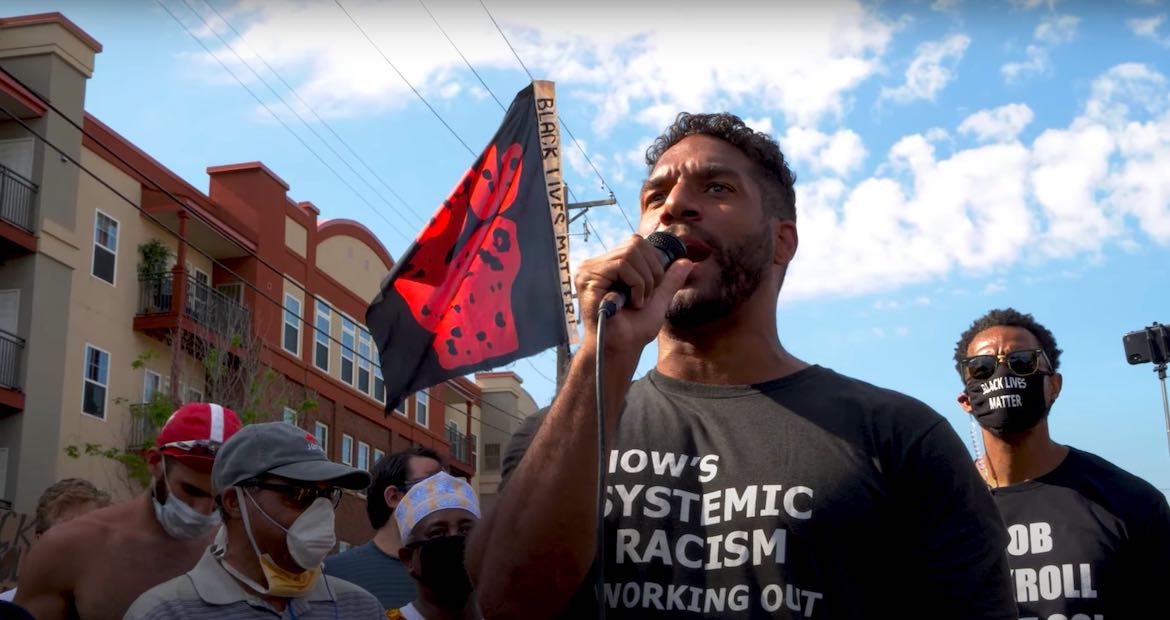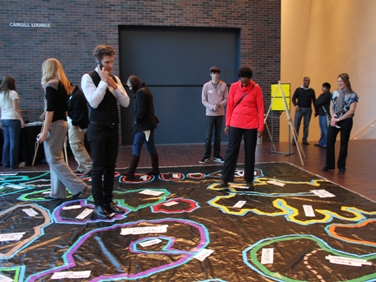Tag: TPT
TPT creates endowment for STEM programs with $9M bequest
The William D. Wells Fund, established with a legacy gift from a donor who supported the station anonymously for decades, will generate ...Why Toussaint Morrison split from TPT and PBS
The host of "America From Scratch" said he could no longer reconcile his Black identity with TPT’s refusal to address racial issues ...Next Avenue makes its boomer-oriented content available free to stations
TPT is offering more than 4,000 articles through the Public Media Platform.Monday roundup: Alaska journalists raise concerns; Obama renominates CPB board member
• A lengthy Columbia Journalism Review feature focuses on a conflict over journalistic ethics at Anchorage-based Alaska Public Media. CFO Bernie Washington has been nominated to serve ...CPB gives $1 million to build and expand emergency communication services
Five pubcasting stations are receiving a total of $1 million in grants from CPB to expand emergency alert and communications services. CPB announced ...TPT rebrands youth initiative as ReWire
Twin Cities Public Television has adopted the name ReWire for the statewide network’s youth programming and engagement initiative. TPT settled on the ...With Sparticl, TPT hopes to make STEM learning fun
Twin Cities Public Television launched Sparticl, a new STEM-focused sharing website geared toward middle-school students, Oct. 1 with support from a major ...After lawsuit from Colorado Public Radio, TPT drops Open Air name
Following legal pressure from another public media outlet, Twin Cities Public Television is rebranding its younger-viewer outreach initiative five months after its ...Who owns Open Air? CPR sues TPT over name
Colorado Public Radio filed a trademark infringement and violation suit in federal court in Colorado earlier this month against Minnesota's Twin Cities ...Next Avenue, pubmedia site for seniors, sees “win-win” in partnership with RLTV
Next Avenue — the online magazine for Americans aged 50 years and older created by Twin Cities Public Television — is now ...With young actors, Localore’s interactive Ed Zed Omega critiques education system
CPB’s American Graduate initiative has set its sights on targeting dropouts, but another project in public media, Ed Zed Omega, is zeroing ...TPT’s national site for 50+ adults launches this week
Next Avenue ratcheted up its ambition as an online magazine with the hiring of veteran editor Donna Sapolin, a specialist in lifestyle ...Next Avenue will use Web to super-serve a (slightly) younger PBS audience
When Jim Pagliarini and Judy Diaz say public TV should pay more attention to a younger audience, they’re not thinking of viewers ...Liberty!
The makers of Liberty!, which airs Nov. 23-25 on PBS stations, are trying nothing less than to renovate the dusty reputation of the ...






